Written by Lily Haines and Gimel Morley
We are thrilled to announce that The Bahamas Coral Gene Bank at Atlantis, Paradise Island has received two 40-foot containers packed with essential lab equipment to bolster coral preservation efforts in the face of the Stony Coral Tissue Loss Disease pandemic. Spearheaded by the Perry Institute for Marine Science (PIMS), this crucial step in establishing the gene bank is a collaborative initiative involving The Government of The Bahamas, Atlantis Paradise Island Resort, Atlantis Blue Project Foundation, and the University of The Bahamas
Coral reefs, often called the “rainforests of the sea,” are vital to ocean health. They provide habitat and shelter for countless marine organisms, support fishing industries, and protect coastlines from erosion. However, these ecosystems face severe threats from climate change, pollution, overfishing, and diseases like Stony Coral Tissue Loss Disease (SCTLD).
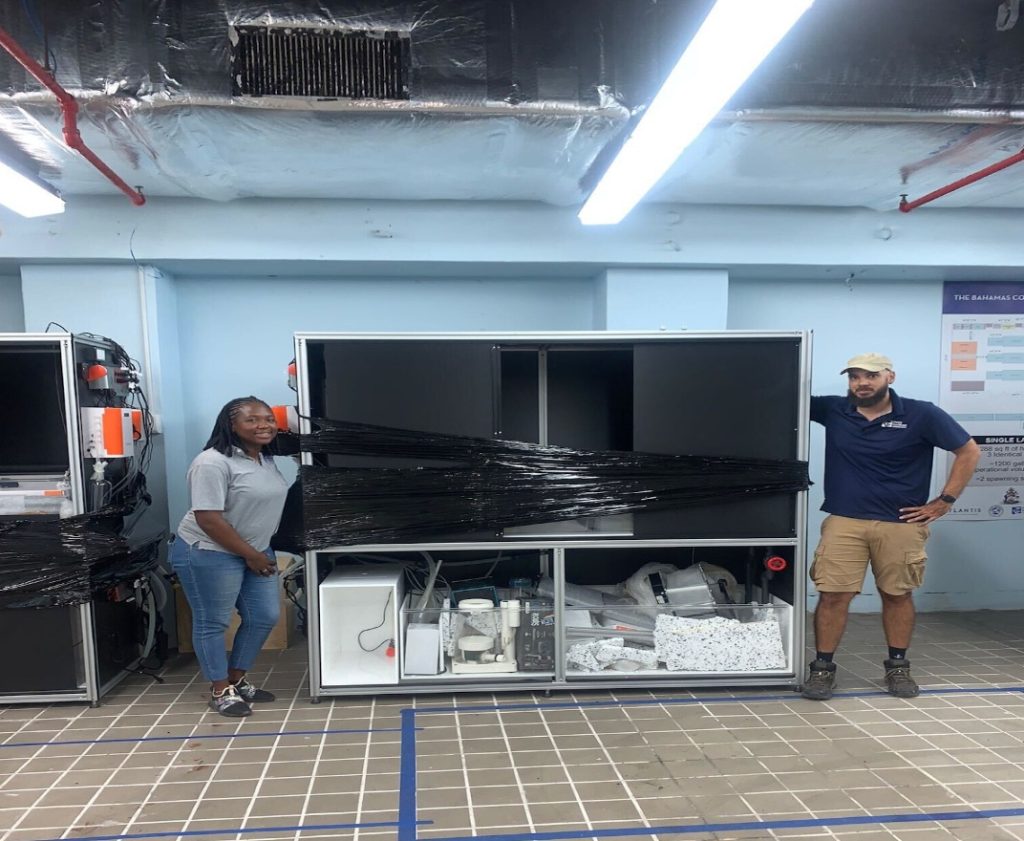
The Urgent Threat of SCTLD
SCTLD is an epidemic that is rapidly killing a wide range of stony coral species throughout the waters of The Bahamas. Affecting reef areas around New Providence, Grand Bahama, Great and Little Exumas, San Salvador, and more, this disease has led to the destruction of hundreds of million of corals. It is considered the deadliest threat to Bahamian coral reefs to date.
In response, the Bahamian Government is taking steps to mitigate the effects of SCTLD. They have engaged with national and international experts, including academics, scientists, non-governmental organizations, and private sector partners like Atlantis, Paradise Island. Atlantis and its non-profit, the Atlantis Blue Project Foundation, have played a crucial role in marine conservation, establishing Marine Protected Areas, and leading coral restoration efforts in The Bahamas.
At PIMS, we have dedicated over 50 years to understanding and protecting Bahamian marine ecosystems. Our longstanding partnership spanning more than 15-years with Atlantis and the Atlantis Blue Project Foundation has been instrumental in advancing coral reef conservation. We have developed The Bahamas’ first coral reef report card, established the Atlantic and Gulf Rapid Reef Assessment (AGRRA) as the standard method for coral reef evaluation, and gathered essential data to identify locations for Marine Protected Areas.
The University of The Bahamas is also expanding its marine science degree programs and making significant contributions to marine conservation and research. The university is enhancing in-country capacity in scientific fields and developing state-of-the-art laboratory facilities for chemical, environmental, and genetic analyses.
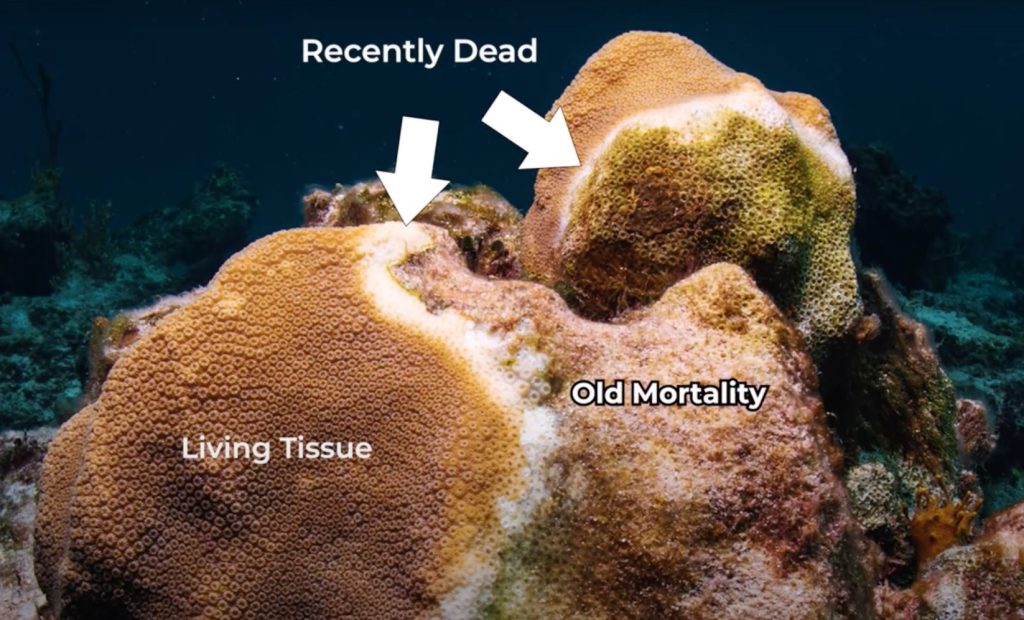
Establishing the Coral Gene Bank
The Bahamas Coral Gene Bank will store, genetically analyze, reproduce, and propagate various species of coral susceptible to but uninfected by SCTLD. Our ultimate goal is to replant healthy corals and their progeny in Bahamian waters once SCTLD is no longer a threat.
A significant feature of this new facility is its biosecurity. The area we’re building is meticulously designed to prevent contamination and ensure the highest standards of safety for the coral specimens. This biosecure environment is essential for maintaining the integrity of the genetic material and supporting cutting-edge research.
Educational and Public Engagement
The Perry Institute is committed to fostering education and collaboration. In partnership with the University of The Bahamas, PIMS and Atlantis will provide students with access to this high-tech facility, offering invaluable hands-on learning opportunities. Visitors to Atlantis Resort can also look forward to learning more about coral conservation efforts through interactive exhibits and educational programs. These initiatives aim to raise awareness about the importance of coral reefs and inspire a new generation of ocean stewards.
As we join forces with Atlantis Resort, Atlantis Blue Project Foundation, UB and the Government, we are not only preserving the genetic diversity of corals in The Bahamas but also contributing significantly to the global fight to protect and sustain our planet’s marine life. This coral gene bank highlights the urgent need for collective action and innovation to ensure that future generations can experience the vibrant and diverse life of our ocean’s coral reefs.
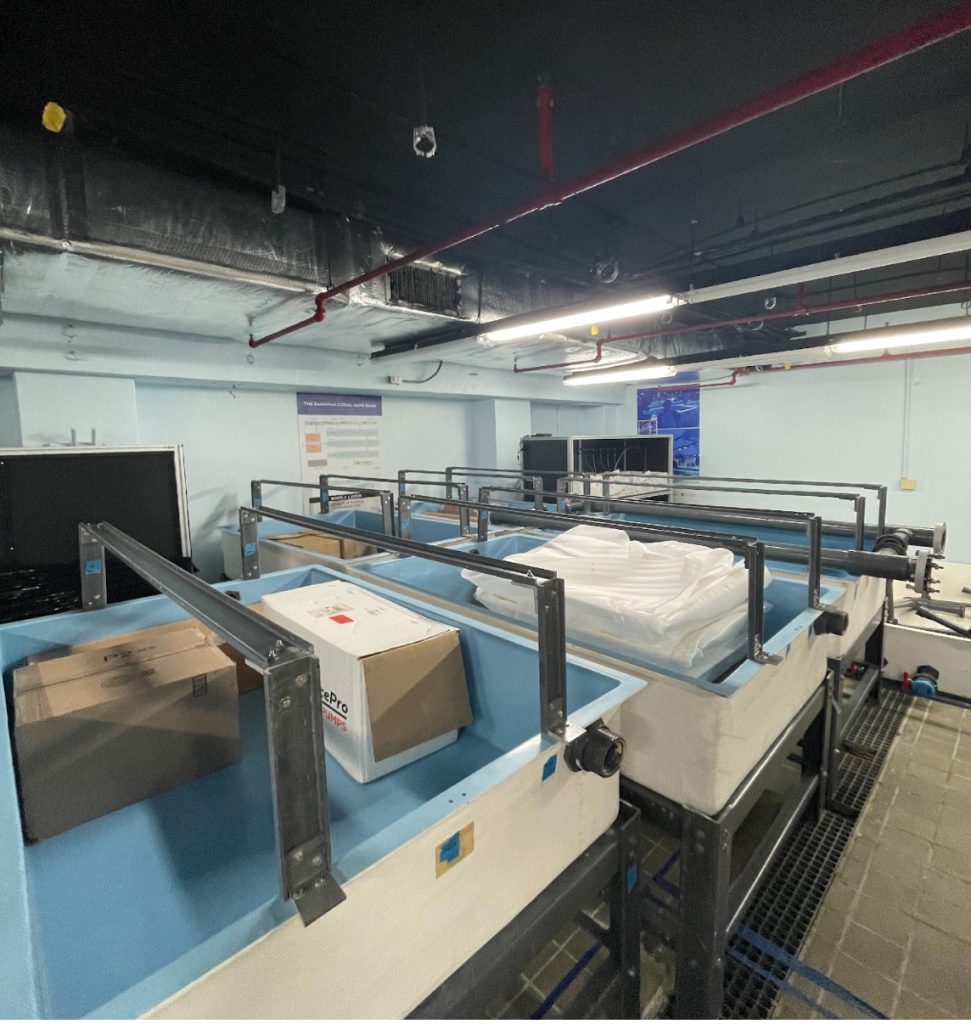
Dive deeper.
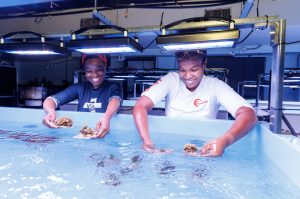
The Bahamas Just Opened a Coral Gene Bank—Here’s Why It Matters
The nation’s first coral gene bank will preserve, propagate and replant coral to reverse devastation from rising ocean temperatures and a rapidly spreading disease Video courtesy of Atlantis Paradise Island.
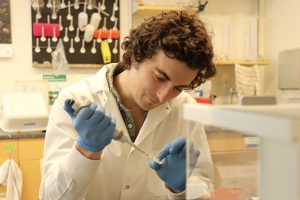
When Ocean Forests Turn Toxic
New study in Science connects chemical “turf wars” in Maine’s kelp forests to the struggles of Caribbean coral reefs — and points to what we can do next Lead author,
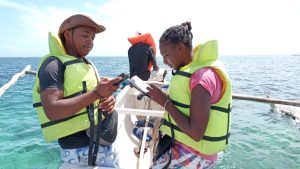
Who’s Really in Charge? Unpacking the Power Struggles Behind Madagascar’s Marine Protected Areas
Researchers head out to monitor Marine Protected Area boundaries—where science meets the sea, and local stewardship takes the lead. The Illusion of Protection From dazzling coral reefs to centuries-old traditions,
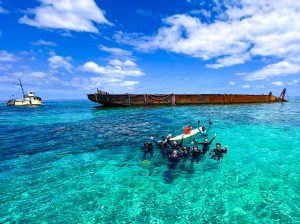
PIMS and Volunteers Step Up as Legal Battle Leaves Barge Grinding Reef in Fowl Cays National Park
Worn out but undefeated, the cleanup crew rallies around their paddleboard “workbench” in front of the stranded tug and barge—a snapshot of community grit after hours of underwater heavy‑lifting. Photo
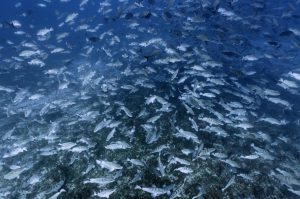
Thriving Fish Spawning Aggregation Inspires Hope for the Future
Nassau grouper FSA in Ragged Island during January 2025. | © André Musgrove Fish Spawning Aggregations & Nassau Grouper Imagine witnessing thousands of fish gathering in a synchronized spectacle, moving
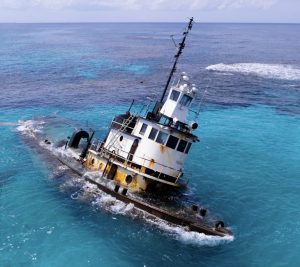
A Year Later, Stranded Tug and Barge Still Scars Reef in Fowl Cays National Park–Residents Demand Accountability
A haunting aerial view of the grounded tug and barge in Fowl Cays National Park—still embedded in coral a year later, a stark reminder of the cost of inaction. Photo




